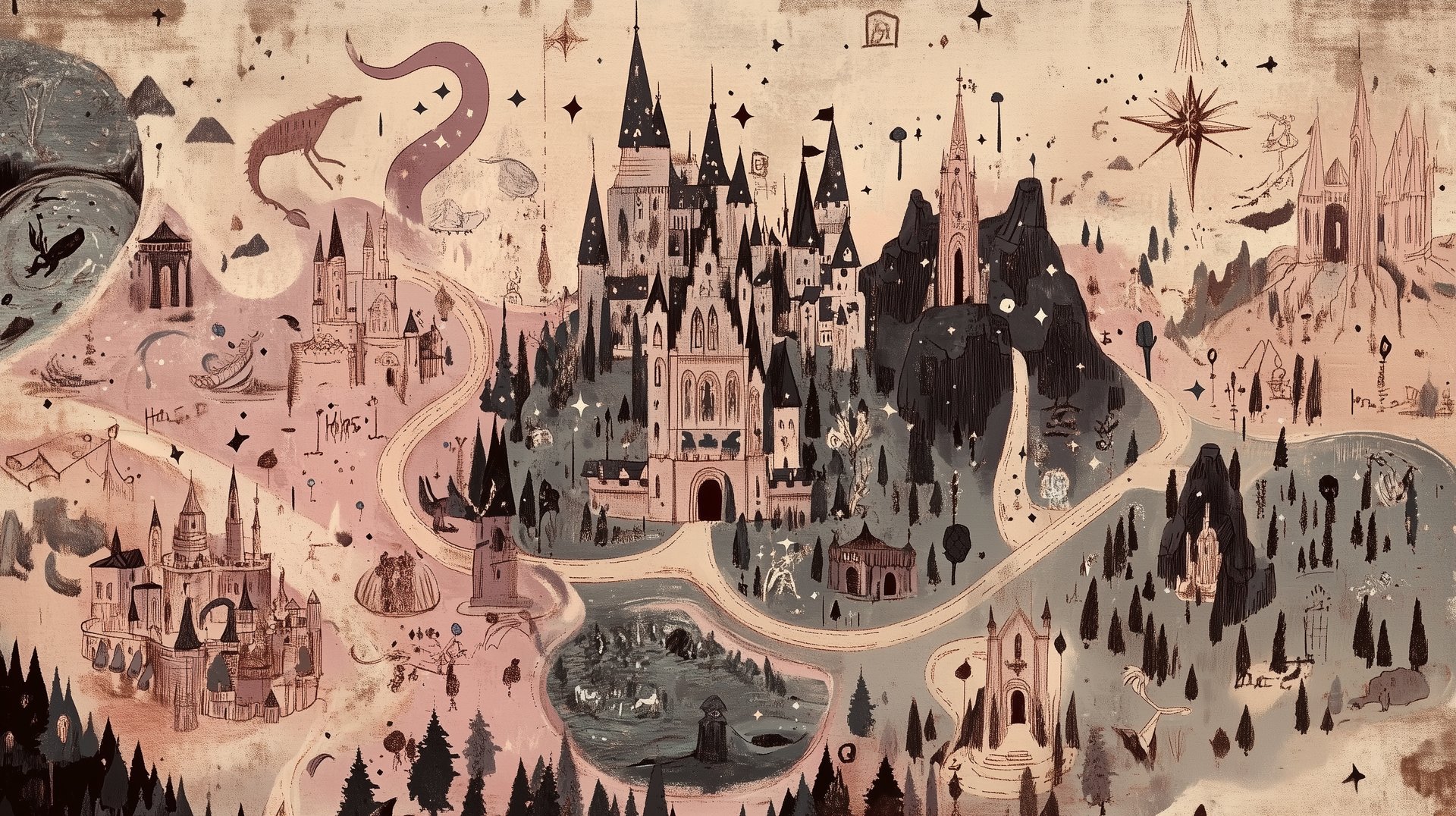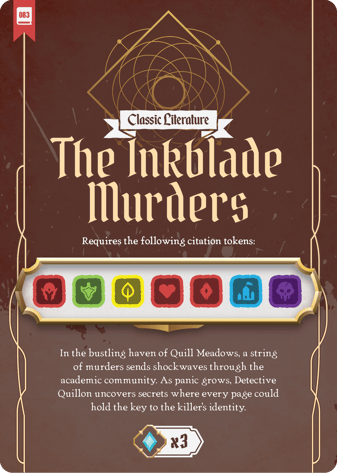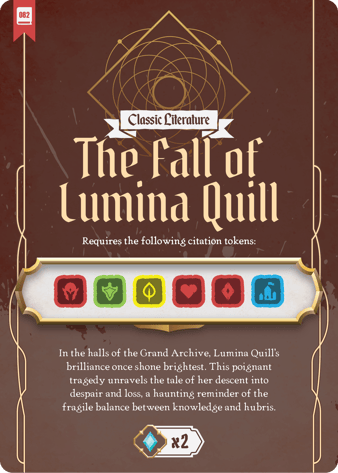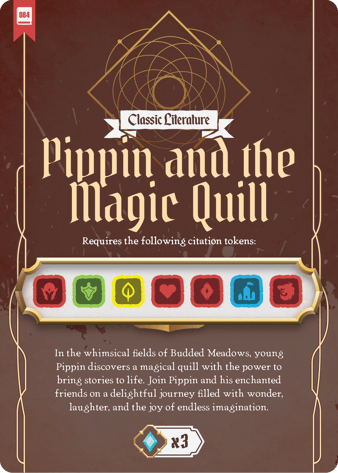
Classical Literature
Long before the Grand Archive stood, before scholars etched ink upon parchment, legends and epics were passed down in whispers, carved into stone, or sung beneath the stars. These stories, whether mythic tragedies, heroic sagas, or enchanted fables, form the foundation of literature, philosophy, and history. Though many of their authors are lost to time, their words echo across generations, shaping the way civilizations understand fate, virtue, and the nature of the divine.
Unlike modern books, classical literature has unique citation elements, including:
Original authors or attributed sources, even when their names are shrouded in myth.
Translated versions or interpretations, as many of these works have been rewritten across ages.
Section, canto, or line numbers instead of page numbers, ensuring accuracy across editions.
The archival source or manuscript edition, especially for fragmented or rediscovered texts.
Below, you will find examples of classical literature citations, each honoring the timeless voices of the past.
Epic Poems & Heroic Sagas
The greatest of heroes are not remembered through history alone, but through the verses sung in their honor. These works, often spoken aloud before ever being written, demand citations that preserve their poetic structure and historical lineage.
Example (Harvard Style): Stormbard, L. (Year 476). The Song of the Crimson Moon. Trans. Eldrin, M. Grand Epic Press.
Philosophical Dialogues & Treatises
The musings of ancient sages and philosopher-kings still shape modern thought, their words recorded in scrolls and clay tablets, then translated for new generations. Referencing them ensures that the wisdom of the ancients remains unbroken.
Example (APA 7th Edition): Solarius, T. (Year 299). The Eternal Balance. In Luminaris, V. (Ed.), Collected Works of the High Scholars (pp. 45-87). Ethereal Library Press.
Mythic Tales & Fables
Not all knowledge comes from histories and doctrines—some truths are wrapped in fable and allegory, where creatures and gods weave lessons into stories that endure beyond the fall of empires.
Example (Chicago Style): Moonweaver, C. The Fox, the Star, and the Hollow Tree. In Legends of the Hidden Grove, translated by Thornroot, H., Eldertome Press, Year 889.
These epics, fables, and discourses have shaped the foundation of knowledge, philosophy, and storytelling. To cite them is to carry forward the voices of the past, ensuring that the wisdom of lost ages is never truly forgotten. Even in a world of new discoveries, some stories never fade.







